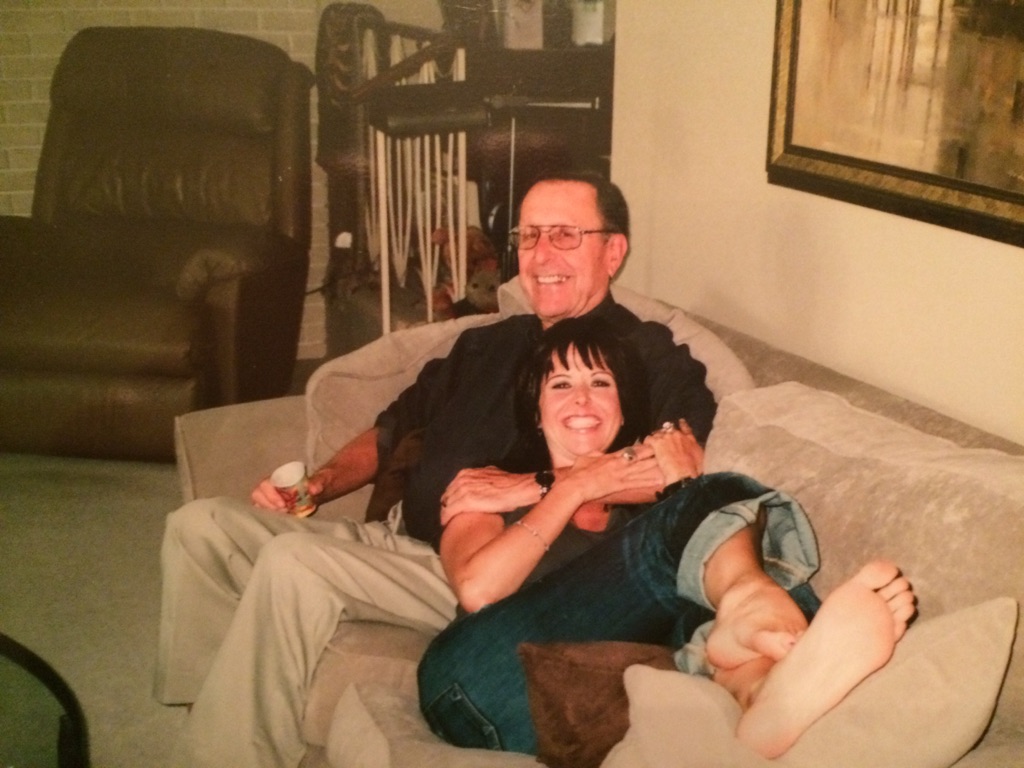Three years after Canada passed legislation to allow for medical assistance in dying, advocates say there are still roadblocks in accessing the program in Alberta.

Medical assistance in dying (MAID) became legal on June 17, 2016.
Since that time, 775 people have chosen MAID in Alberta. Edmonton saw the largest number of patients with 283, slightly above Calgary’s 279. Eighty-seven people chose the program in the south zone, 77 in central Alberta and 50 in the north zone.
“There still is a lot of work to be done even though many Canadians have been able to access medical aid in dying,” said Bradley Peter, a board member with Dying with Dignity Canada.
Shauna Scott knows the challenges firsthand.
At 83 years old, her father Ron was diagnosed with a rare and aggressive form of cancer. He also suffered several strokes which left him unable to eat or drink and caused him to frequently lose his balance.
At that point, he told his loved ones he wanted a medically assisted death.
LISTEN: Dr. Sandy Buchanan joins Ryan Jespersen to discuss the ties between palliative care and MAID
“When my dad then said he was done, I completely understood that and I wanted… I wanted that for him,” Scott said.
The family went to the University of Alberta Hospital. According to Scott, triage nurses and doctors didn’t know how to begin the process and gave the family the wrong forms.
Five days after he was admitted, Ron was too far gone to give consent for MAID and he died later that week.
“I remember sitting there looking at him lying in this hospital bed and I thought, ‘This is the last thing that he wanted to happen,'” an emotional Scott told Global News.

Get weekly health news
His story is similar to one from someone unexpected — Alberta Health Service’s lead of medical assistance in dying.
“It was an interesting experience with a family member who made the decision, was entirely calm and committed to that decision, ended up in hospital,” Dr. James Silvius explained.
“When I went into the hospital and I went to inquire about getting access to the forms, the staff were actually unaware of how to access them.”
Silvius said the problems aren’t in facilities, but rather with misinformation. Patients are not supposed to go to hospital as a first step. Instead, they’re encouraged to contact Health Link at 811 or go to Alberta Health Service’s website.
“We, at the beginning of all this, did a lot of publicity about how you access and the reality is, unless it’s relevant to you at the time, you don’t absorb it,” Silvius admitted.
LISTEN: Alex Schadenberg with Euthanasia Prevention Coalition joins Danielle Smith
Dying with Dignity Canada is calling for increased education both for individuals and health-care professionals.
The advocacy group also wants a portion of the law changed which currently requires the patient to be conscious and mentally sound at the time they give their final consent.
LISTEN: Listener Cynthia joins Zack Hewitt to discuss the MAID process she’s going through with her husband
It’s become known as Audrey’s Amendment, after a Halifax woman spoke out in 2018. Audrey Parker had been diagnosed with Stage 4 breast cancer and wanted to see Christmas before choosing MAID. Fearing she would not be able to give consent at that time, Parker said she was forced to end her life earlier than she would have liked to.
The amendment is being looked at by the federal government.
Alberta Health Services is conducting ongoing surveys with the families of patients that have chosen MAID. According to Silvius, respondents said they need more support at the time of the decision and after the service is provided.
LISTEN: Tracey Peterson joins Zack Hewitt to share her mother’s journey with MAID
“It depends on resources, I have to be honest,” Silvius said. “I don’t know whether we’ll be able to implement it or not but we certainly need to look better at how we can support people and whether or not we have existing programs or services or opportunities to capitalize on things that are already out there in the community that would assist.”
Overall, those in charge of MAID in Alberta believe the program is operating effectively.
“If people have feedback for me as minister of Health on what changes can be done, I’m happy to receive any feedback any Albertan has,” Health Minister Tyler Shandro told Global News.
Despite the challenges, Alberta has become a leader in the implementation of MAID. Officials from Victoria, Australia visited Alberta multiple times before it became the first Australian state to pass such legislation in November 2017.
Still, the Scott family hopes the system can be improved even more.
“There needs to be information out there that hospital staff need to know,” Scott insisted.










Comments
Want to discuss? Please read our Commenting Policy first.